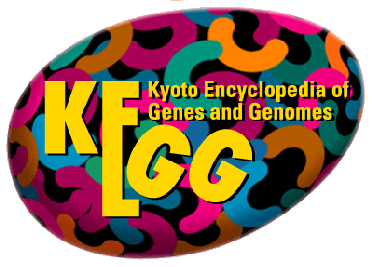Starzl TE, Demetris AJ, Trucco M, Ramos H, Zeevi A, Rudert WA, Kocova M, Ricordi C, Ildstad S, Murase N
We have previously reported data from clinical and laboratory animal observations which suggest that organ tolerance after transplantation depends on a state of balanced lymphodendritic cell chimerism between the host and donor graft. We have sought further evidence to support this hypothesis by investigating HLA-mismatched liver allograft recipients. 9 of 9 female recipients of livers from male donors had chimerism in their allografts and extrahepatic tissues, according to in-situ hybridisation and molecular techniques 10 to 19 years posttransplantation. In 8 women with good graft function, evidence of the Y chromosome was found in the blood (6/8), skin (8/8), and lymph nodes (7/8). A ninth patient whose transplant failed after 12 years from recurrent chronic viral hepatitis had chimerism in her lymph nodes, skin, jejunum, and aorta at the time of retransplantation. Although cell migration is thought to take place after all types of transplantation, the large population of migratory cells in, and the extent of their seeding from, hepatic grafts may explain the privileged tolerogenicity of the liver compared with other organs.
10/10/1992
1357298
Lancet (London, England) (
IF: 60.39 /
Quartile: 1)
WOS Cites: 327
SemanticScholar Cites: 379
SemanticScholar Citation Velocity: 0
SemanticScholar Influential Citation Count: 6






